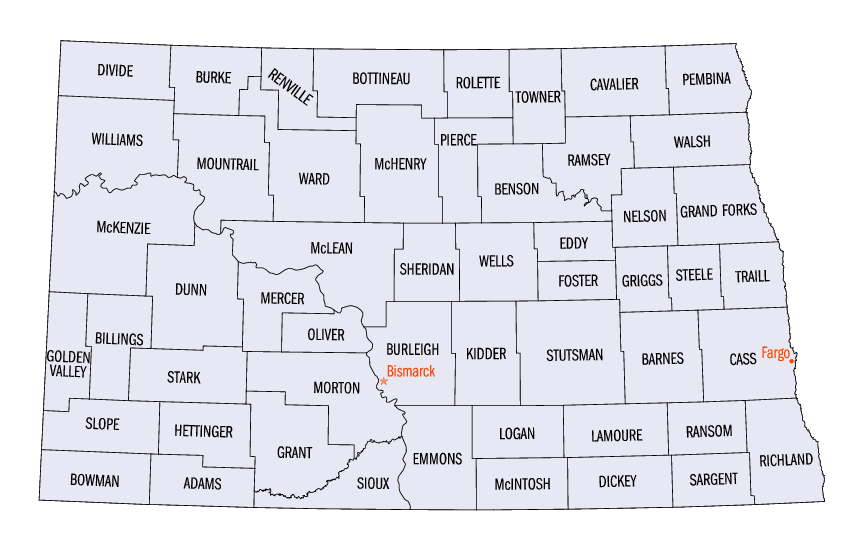North Dakota building code ensures that buildings are built safely and efficiently throughout the state. It specifies the minimum residential, commercial, and industrial environmental parameters of structural requirements, electrical systems and plumbing standards. These rules adhere to public safety and therefore building durability. The North Dakota building code is essential for every contractor and builder to comply with the law.
North Dakota Building Code and Licensing Information
Page updated: Jan. 17, 2023
Yet lifting licensing is an important part of maintaining compliance. Before working the contractors must get a proper license. It also involves proving that you have insurance and doing what local authorities may require. Therefore, homeowners and businesses should check their contractor’s licensing to ensure the person is a registered and licensed member of the building industry. This knowledge will enable builders and property owners to achieve safe and successful building projects while understanding how to properly abide by the North Dakota building code and licensing process.
What Are North Dakota Current Building Codes and Editions:
The North Dakota Legislative Assembly has mandated that the State Building Code consist of the IBC, IRC, IMC, and IFGC. Energy conservation standards must be included in the State Building Code.
- 2018 International Building Code (IBC)
- 2018 International Energy Conservation Code (IECC)
- 2018 International Fire Code (IFC)
- 2018 International Fuel Gas Code (IFGC)
- 2018 International Mechanical Code (IMC)
- 2018 International Residential Code (IRC)
- 2015 International Property Maintenance Code (IPMC)
- 2015 International Existing Building Code (IEBC)
- 2020 National Electric Code (NEC) – 2020 NEC with an effective date of 1/1/2021
- Homerule – There is no statewide standard
- National Fire Protection Association (NFPA) 101 Life Safety Code 2018
Applicability (statewide, local, limited): LIMITED
The North Dakota Division of Community Services (DCS) has the responsibility of updating and amending the North Dakota State Building Code. The DCS does not enforce the State Building Code. Plan review, enforcement, inspection is the responsibility of jurisdictions that elect to adopt and enforce building codes. If a city, county, or township elects to adopt and enforce building codes, it must adopt and enforce the State Building Code. However, a jurisdiction is permitted to further amend the State Building Code to conform to local needs.
| State Website | https://www.nd.gov/ |
| State Licensing | The North Dakota State Electrical Board has the responsibility to examine applicants and issue licenses to those having the necessary qualifications and knowledge in the laws of electricity and electrical codes. The board also has jurisdiction over all electrical installations. A contractor’s license is required for all jobs over $2,000.00. Separate boards license plumbing and electrical trades. |
| State Licensing Division | https://www.nd.gov/sos/licensing/ |
| State Fire Marshal | https://attorneygeneral.nd.gov/public-safety/fire-safety-information-0 |
| State Environmental Permit | https://ndeha.org/wp/ |
Additional Building Codes by State
Alabama, Alaska, Arizona, Arkansas, California, Colorado, Connecticut, Delaware, Florida, Georgia, Hawaii, Idaho, Illinois, Indiana, Iowa, Kansas, Kentucky, Louisiana, Maine, Maryland, Massachusetts, Michigan, Minnesota, Mississippi, Missouri, Montana, Nebraska, Nevada, New Hampshire, New Jersey, New Mexico, New York, North Carolina, North Dakota, Ohio, Oklahoma, Oregon, Pennsylvania, Rhode Island, South Carolina, South Dakota, Tennessee, Texas, Utah, Vermont, Virginia, Washington, West Virginia, Wisconsin, Wyoming

